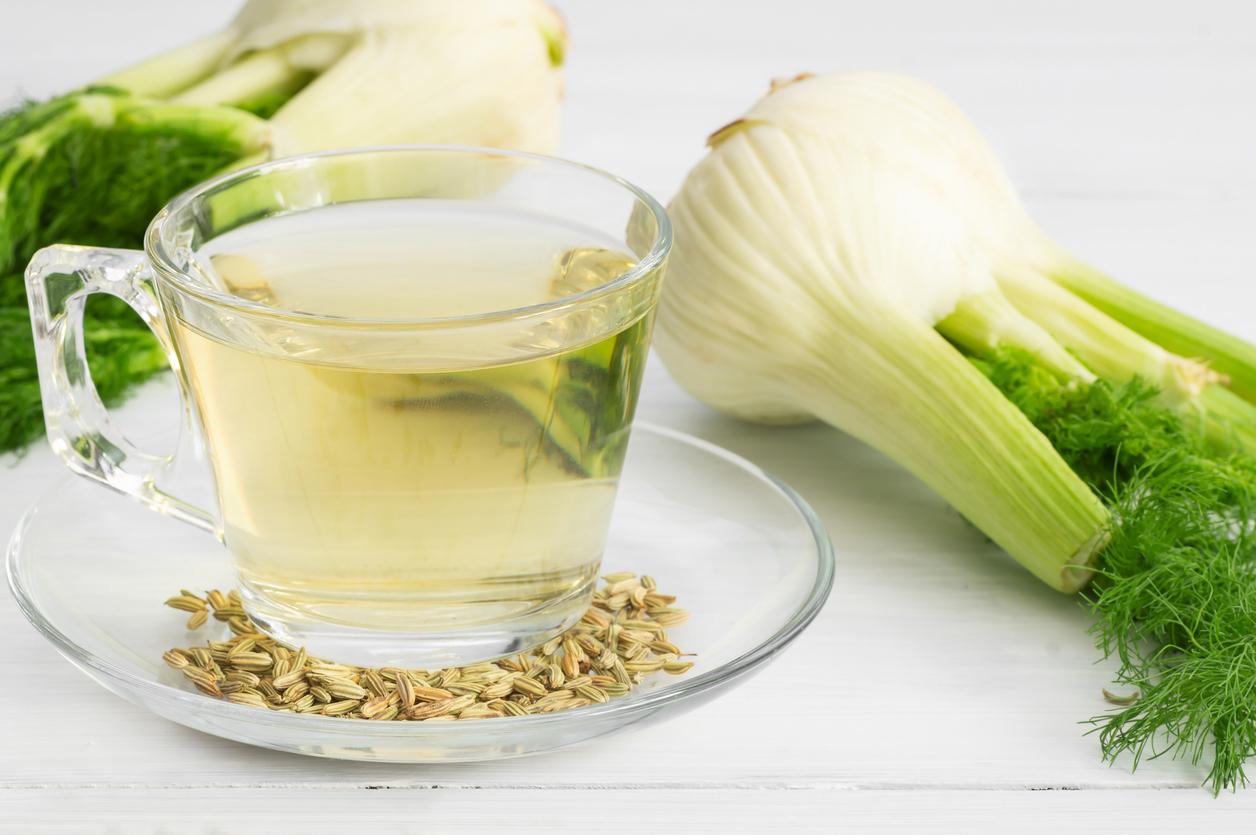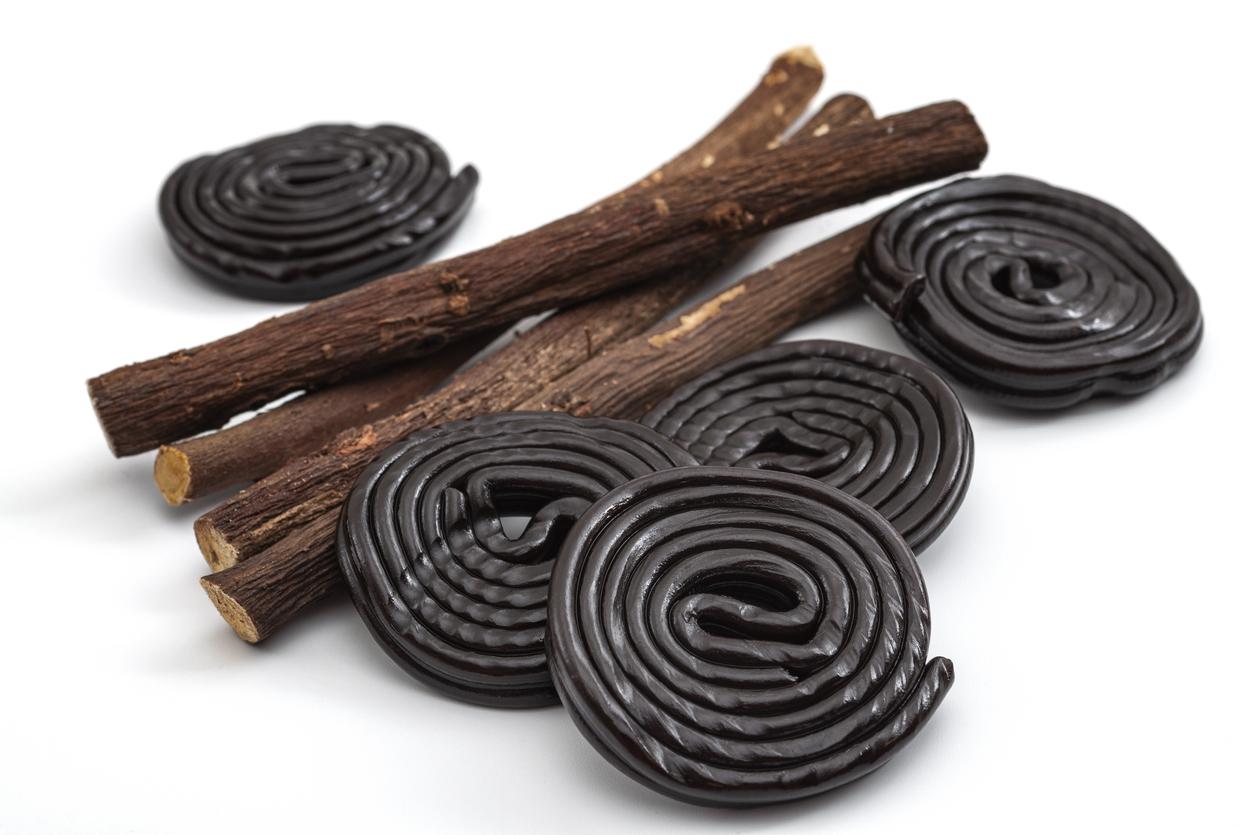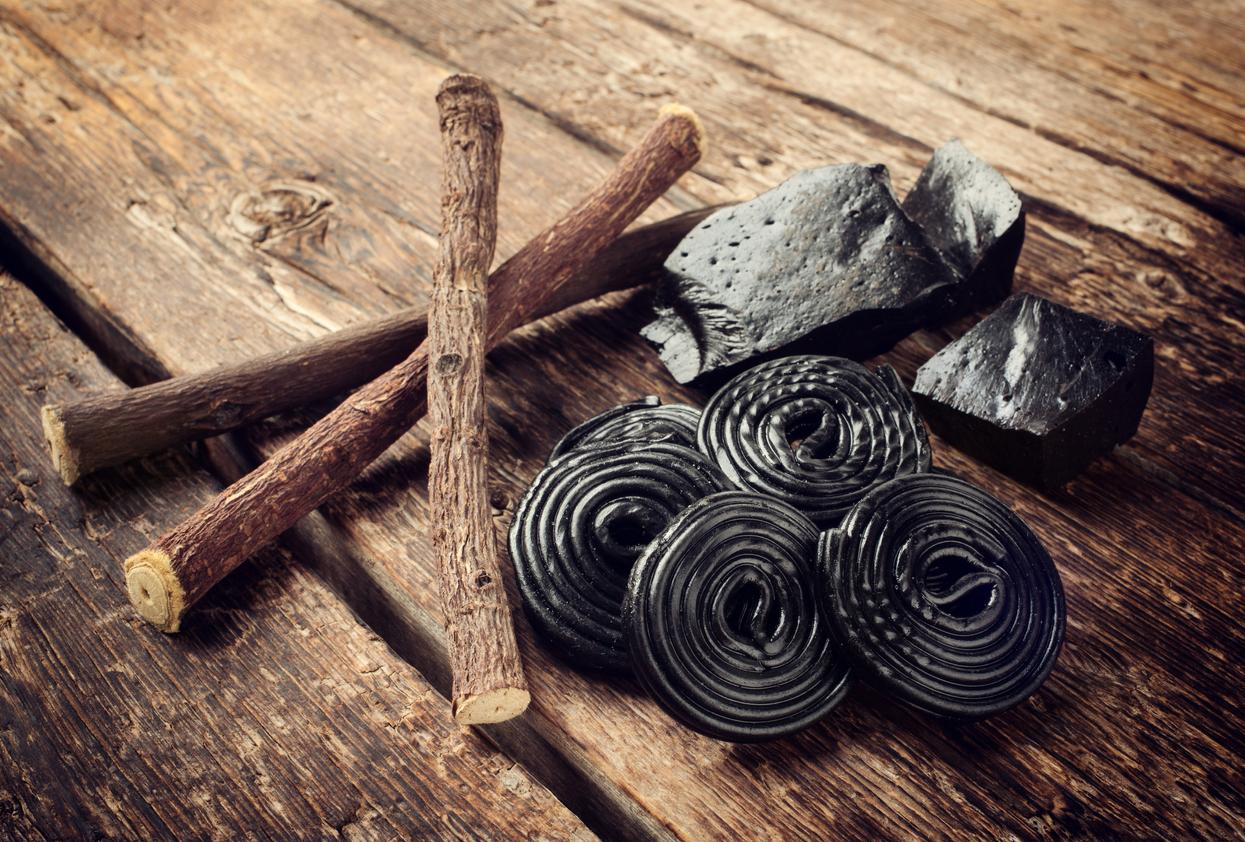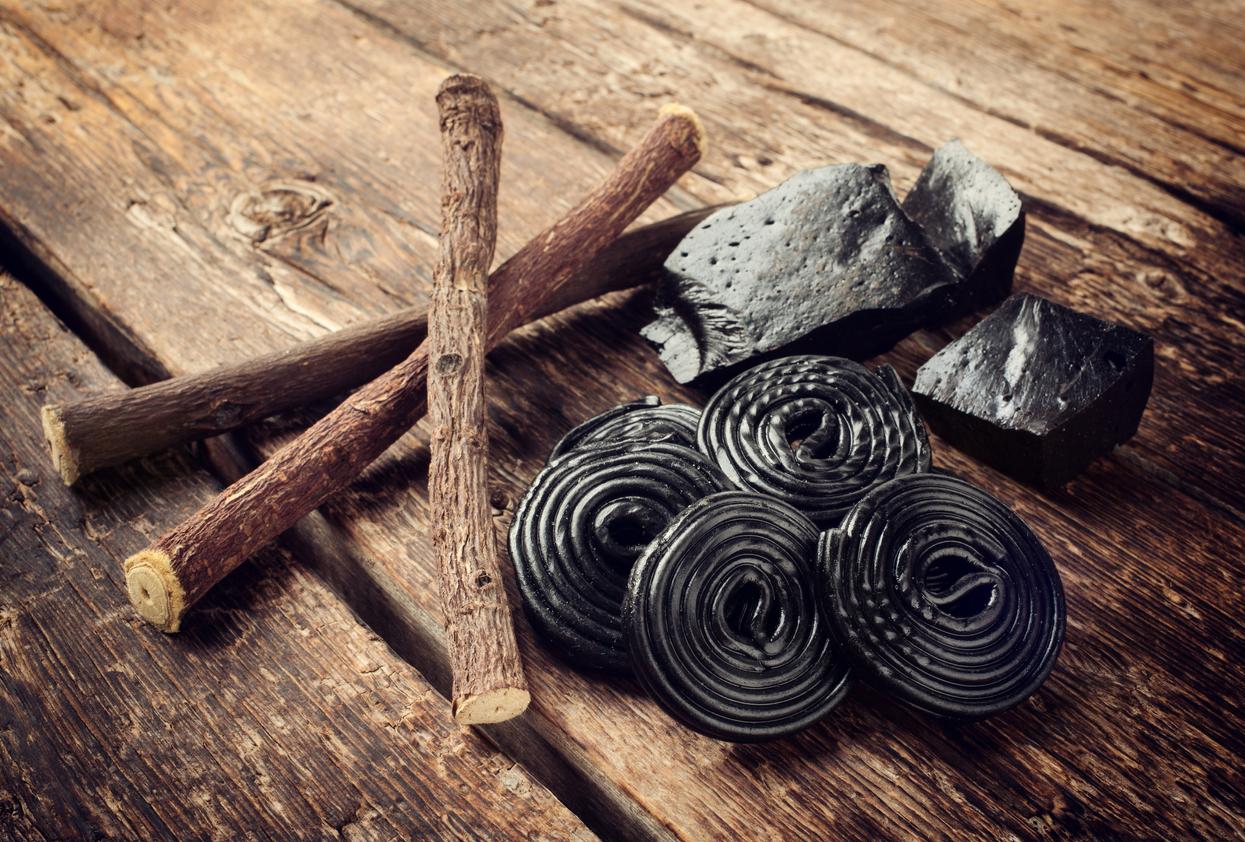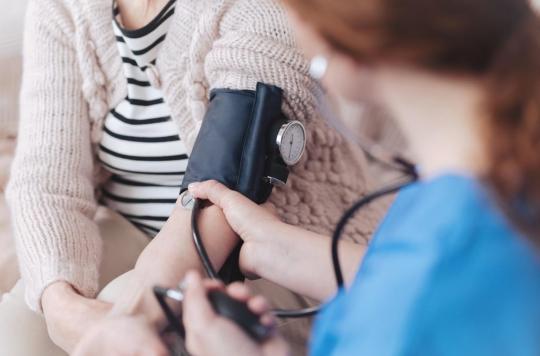A man has been rushed to hospital after consuming too much licorice tea.

Licorice herbal tea is not without health risks, as demonstrated a new case study. The Canadian Medical Association Journal (CMAJ) reports that a heavy drinker was rushed to hospital with aggravated high blood pressure.
“Excessive amounts of certain herbal products can have harmful side effects,” warns Dr. Jean-Pierre Falet, a neurologist at McGill University in Montreal, Quebec. “Products containing licorice root extract may increase blood pressure, cause fluid retention, and decrease potassium levels if consumed in excess.”
Two cups a day
The 84-year-old drank one to two cups a day of a homemade tea made from licorice root, known as ‘erk sous’. His blood pressure was very high, and he suffered from headaches, hypersensitivity to light, chest pain, fatigue and water retention. The patient had a history of high blood pressure.
Licorice tea is very popular in the Middle East and parts of Europe, especially during Ramadan. Licorice was already known to the Greeks and Romans, who used it in particular to clear the voice. Mixed with roasted quackgrass root, it was used in the composition of the so-called “hospital” drink, which used to be on the bedside tables of all hospitals. In 1958, it was used in cases of ulcers and gastritis. It was also recommended for colds, bronchitis or sore throats.
“Because Canada’s population is multicultural, physicians should consider screening for licorice root intake in patients with difficult-to-control hypertension,” notes Dr. Jean-Pierre Falet.
The silent killer
Today, high blood pressure (HTA) affects 15 million people in France, or nearly one in three adults. She is a major risk factor for cardiovascular disease (coronary insufficiency, stroke, renal failure, heart failure, arterial aneurysm, aortic dissection, arrhythmia, dementia)…
Professionals even call it the “silent killer”, completes Professor Claire Mounier-Vehier, cardiologist and president of the French Federation of Cardiology, before continuing: “the disease is most often silent but can manifest itself through a set of non-specific symptoms: fatigue, morning headaches, dizziness, flies in the eyes, ringing in the ears, palpitations, trouble concentrating or feeling of tightness in the chest are all signs of the disease.
These are not specific symptoms, but these signs, when associated, should alert and push to consult your doctor or even your pharmacist, to do a screening test. However, most people do not pay attention to it and do not imagine that their symptoms are related to hypertension, which explains why many hypertensives have not yet been diagnosed.

.







